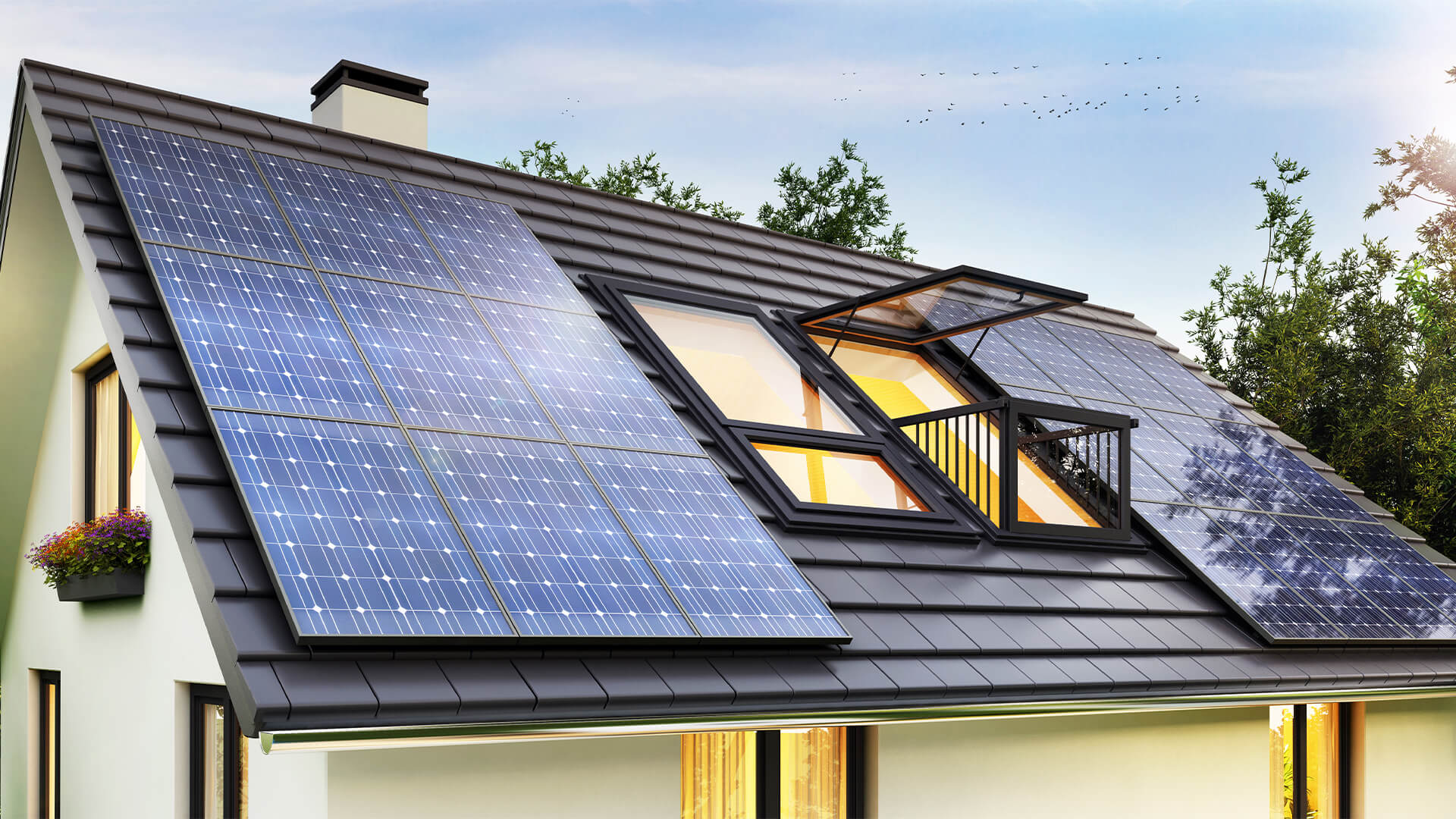One of the most exciting things about solar power is that it’s an inexpensive, environmentally friendly way to generate electricity. Solar panels on your roof or in your backyard not only reduce your carbon footprint but can also help save money on high electric bills. But before you start installing solar panels, be sure to think about these seven things first!
1. Location matters
There are a number of things you should do in order to increase the production capacity and ultimately, get more electricity from your solar panels. When it starts getting dark, you’ll need to know how to quickly switch over to an alternate form of energy such as wind or hydro. If you don’t, then you’ll be stuck without power at night! But even if you do have enough energy to keep the lights on through the night, there are still certain things you can do in order to maximize your solar potential. Things like adjusting your electricity use habits so that you only use what’s necessary throughout the day. If you can do your laundry or dishes during the day while your solar panels are producing maximum power, then it’ll lengthen the time that your system will last. If you live where the sun doesn’t shine much (such as Seattle or Alaska), then a lot of potential for solar energy might go wasted because there’s just not enough sun to produce any appreciable amount of electricity for months at a time.
2. Installing solar equipment
It is important to have a skilled electrician install your solar panels because they possess the skills and knowledge needed in order to properly install the equipment. While solar panels can be installed by someone with some general knowledge about electrical work, hiring a trusted solar installer is probably the best idea if you are not experienced with this kind of work, as there are many safety considerations when installing such systems. Installing any type of this equipment can be dangerous, especially if you don’t take precautions. Solar panels, in particular, emit radiation when they’re generating electricity so it’s imperative that you consult with an experienced professional before installation. If you don’t know how to install solar panels, then we recommend finding someone who does know how to do it safely. A qualified solar panel installer will also give you some peace of mind since they’ll offer warranties and guarantees on parts and labor.
3. Cost benefits of using solar power
Solar panels are an expensive investment but they last for about 30 years so long-term, you’ll save money. The cost of solar panels is the most affordable when financed through low-interest loans. But perhaps the biggest benefit of installing solar panels is that they produce no pollution or greenhouse gases. Other benefits include the reduced energy costs and the fact that you can’t be disconnected from service during power outages or blackouts due to solar production. Solar panels also come with a lot of different tax credits and rebates depending on where you live which can help subsidize your purchase.
4. Energy storage
To match your power needs, you’ll need an appropriate size of battery that provides adequate storage capacity without being unnecessarily expensive or inefficient with either space or energy. If you use a lot of power during daylight hours, then solar-generated electricity might not be able to keep up with your demand even on a sunny day. You’ll want to make sure there’s enough battery storage capacity to store any surplus energy for when you’re consuming a lot of power during the day. If you buy a system with more storage capacity than you need now, then your solar installation will have room to grow as your needs change.
5. Consider the weather conditions of your area
If you live somewhere where it’s cold for most of the year, a shade over your solar panels can reduce their efficiency. Keep this in mind when designing your home or when looking at local shading factors. Shade also affects batteries that store electricity to power your appliances when there isn’t enough sunlight, so locate it carefully.
6. Getting connected to the grid isn’t always possible
In some cases, depending on the size of your system and where you live, it may be difficult or even impossible to connect to the power grid, depending on where you live. Keep in mind that grid-tie systems can also be used with wind turbines or hydropower, not just solar panels. If your area already has an existing system of solar panels that are connected to the grid, then you’ll likely be able to connect your system as well if there’s room for it.
7. Home Size
Many people assume that it’s easy to estimate how much electricity a solar system will generate, but the amount varies depending on both sunlight and home size. Because larger homes require more electricity to operate all of their appliances, they need a bigger system, and the larger the system, the more expensive it will be. Solar panels work differently for each home depending on local conditions and what you want to accomplish with them. You need to do your homework and talk to professionals who can accurately assess your options based on budget, needs, and location. If you do the research, a solar system can be a good fit for your home.
If you’re looking to power your home with solar energy, there are some things that need consideration. Solar power is an inexpensive, environmentally friendly way of generating electricity that not only reduces your carbon footprint but can also help save money on high electric bills. However, before you start installing solar panels on your roof or in your backyard, be sure to think about these seven things first! If all of this sounds intimidating and you want help enacting these principles for yourself, do not hesitate to consult with a professional.

































